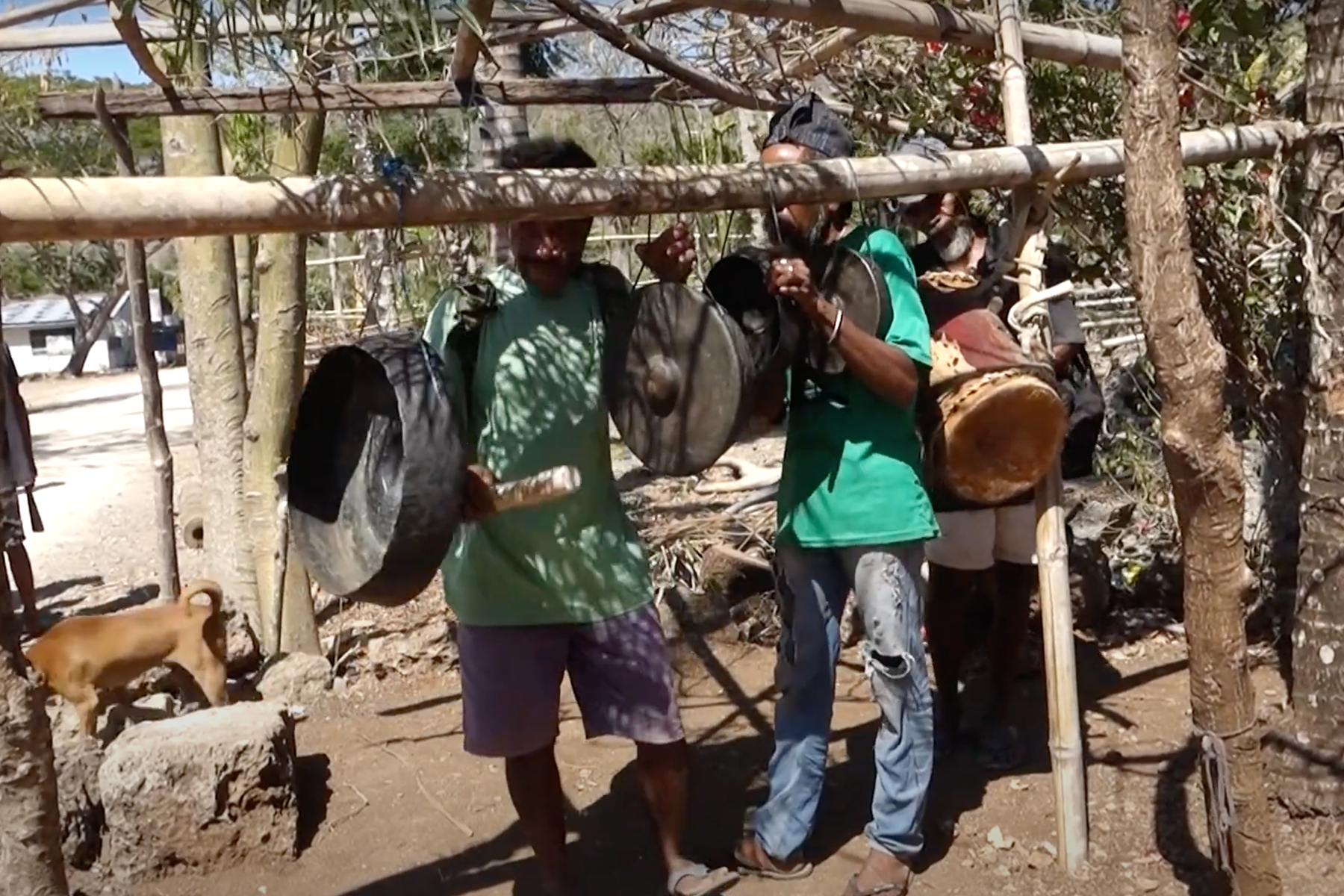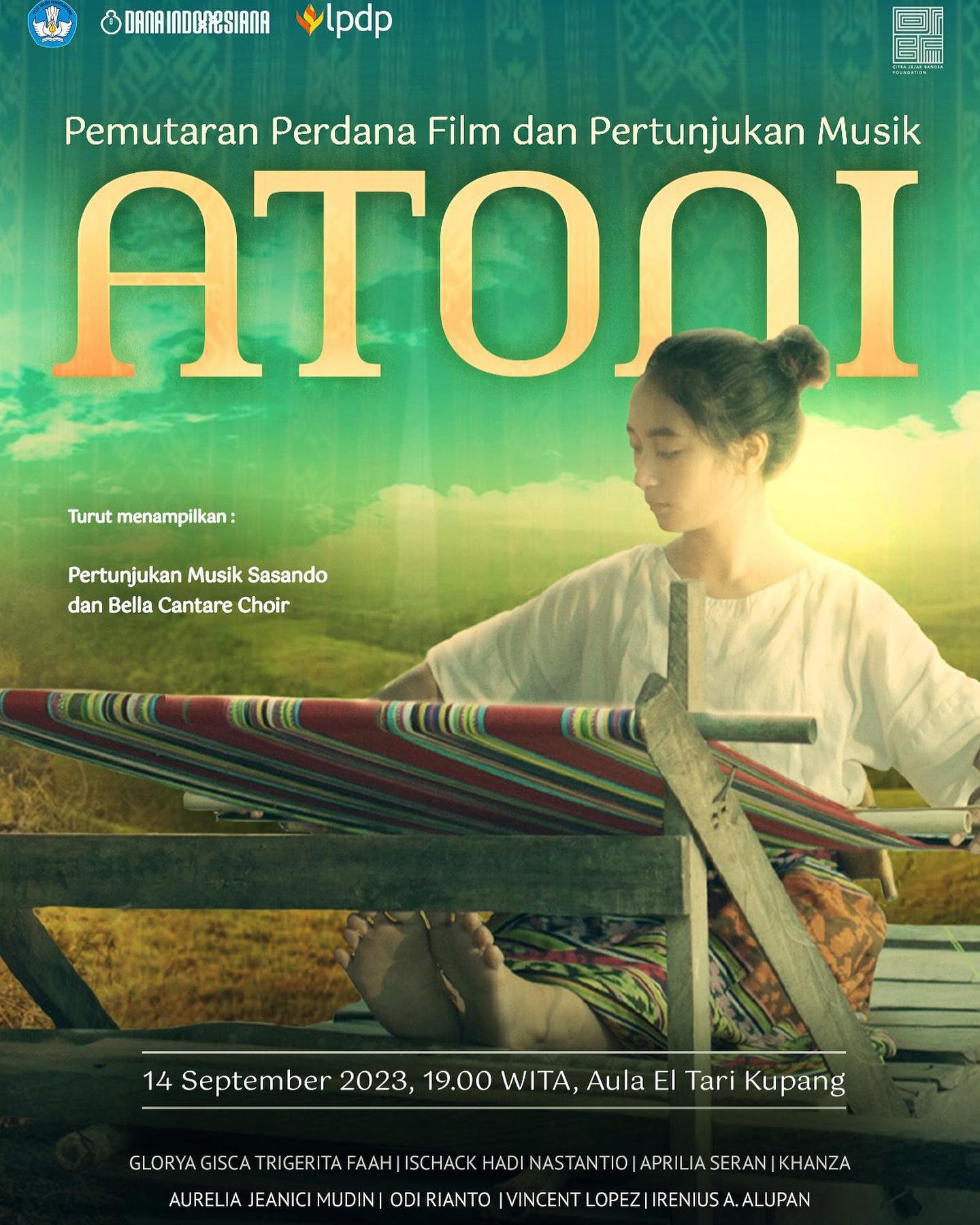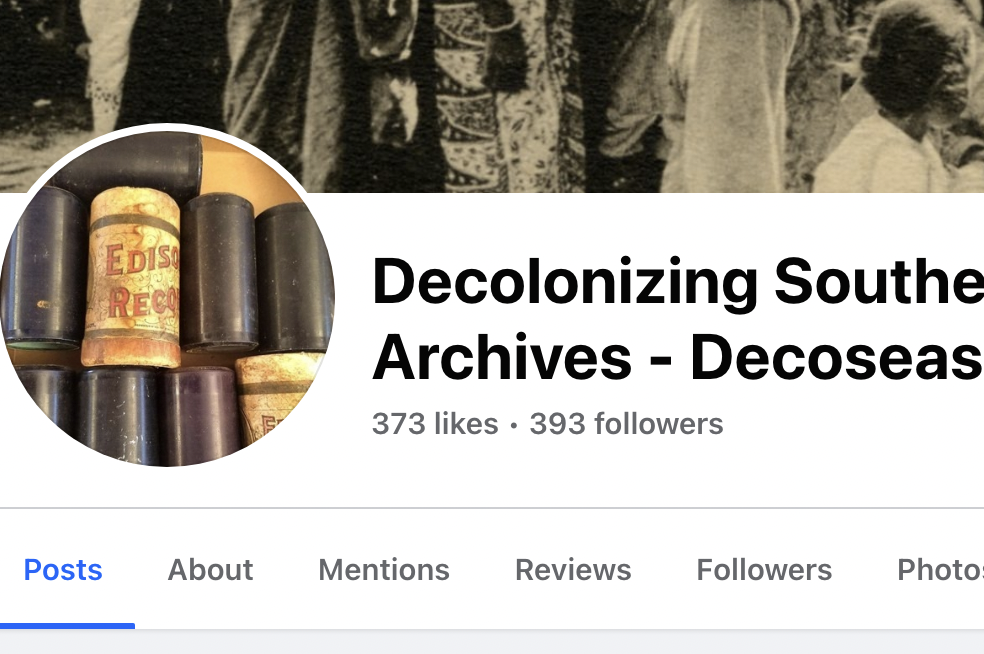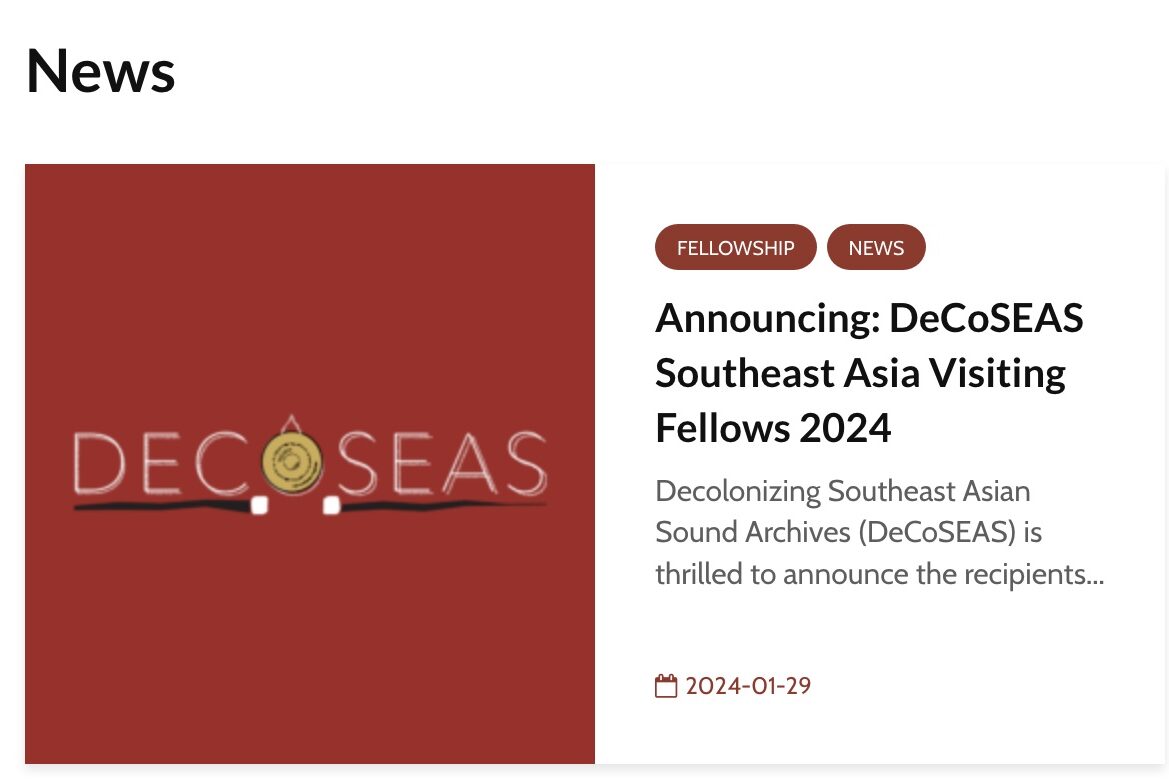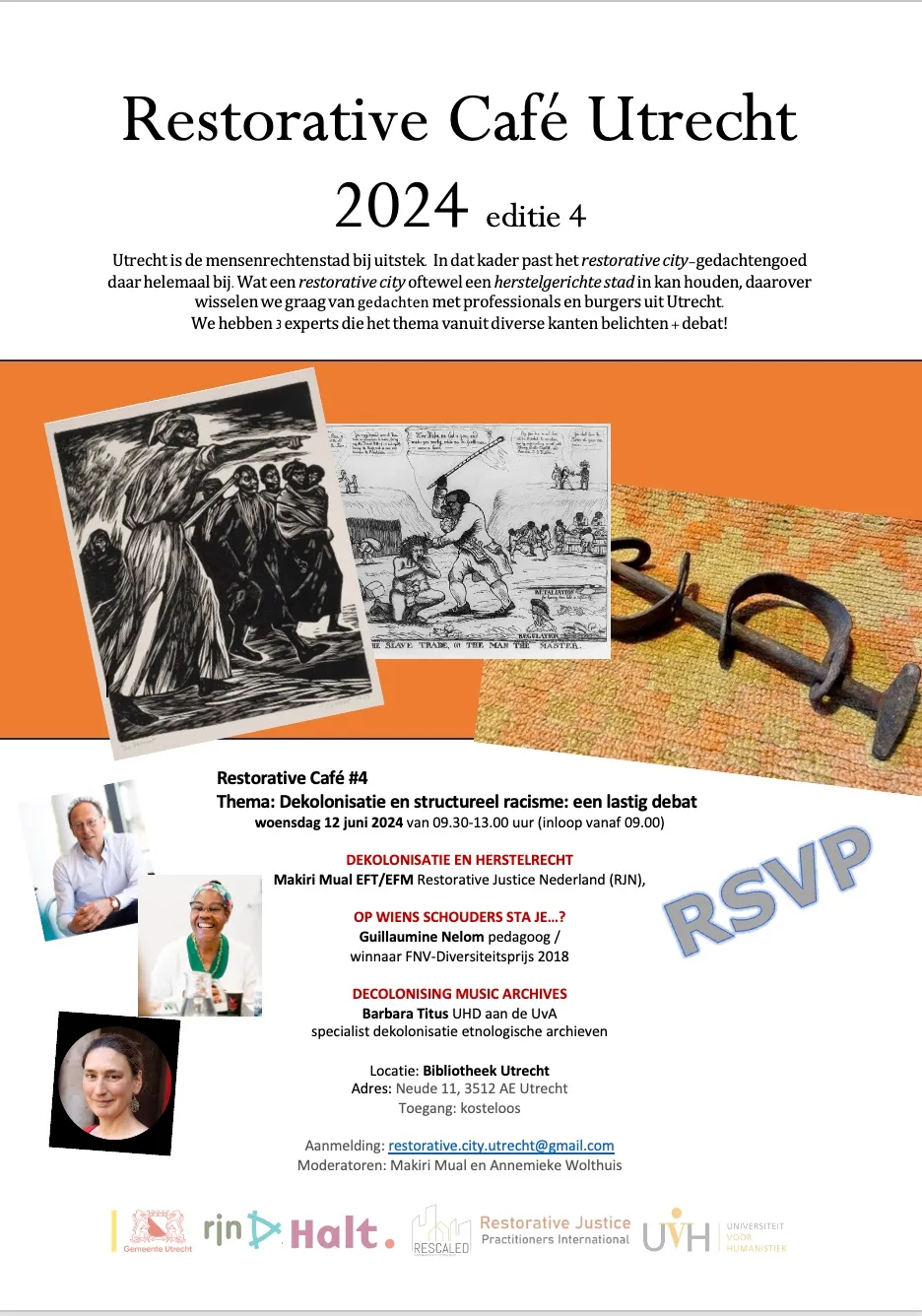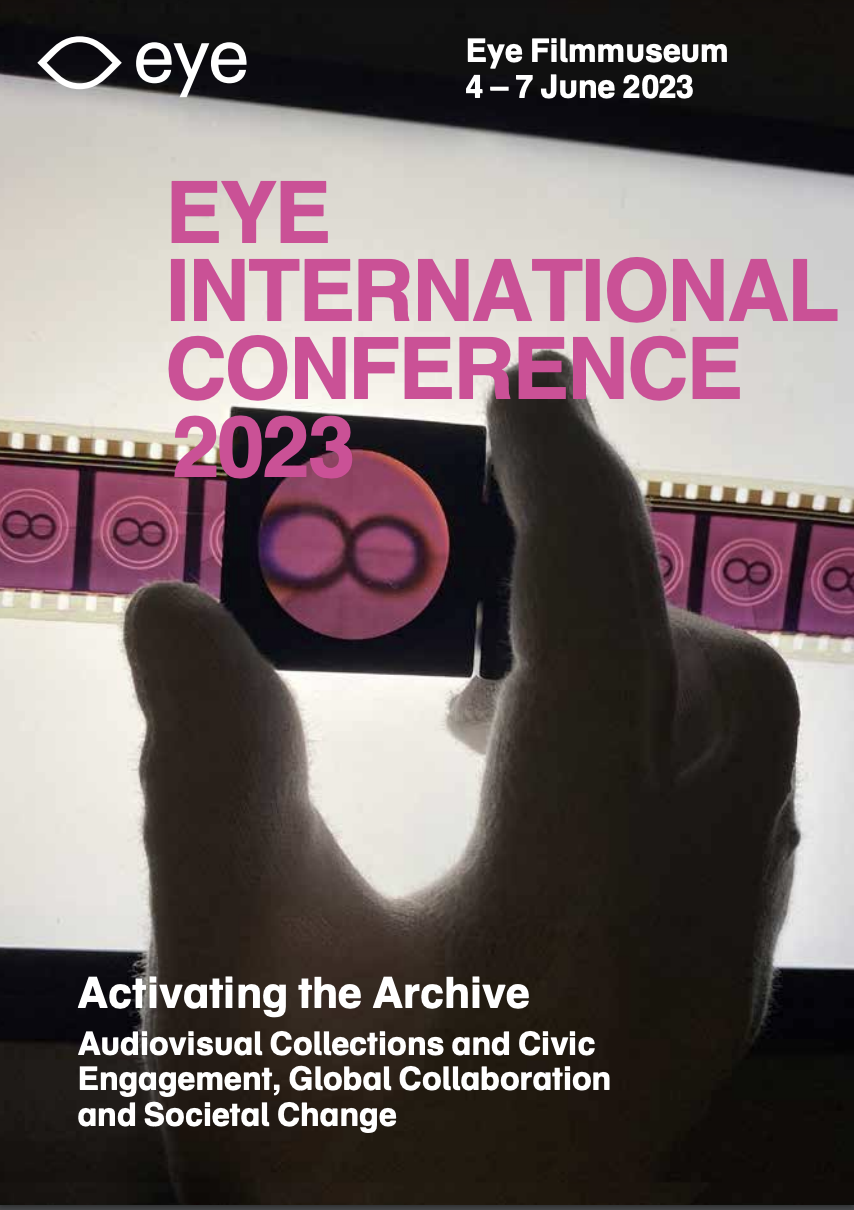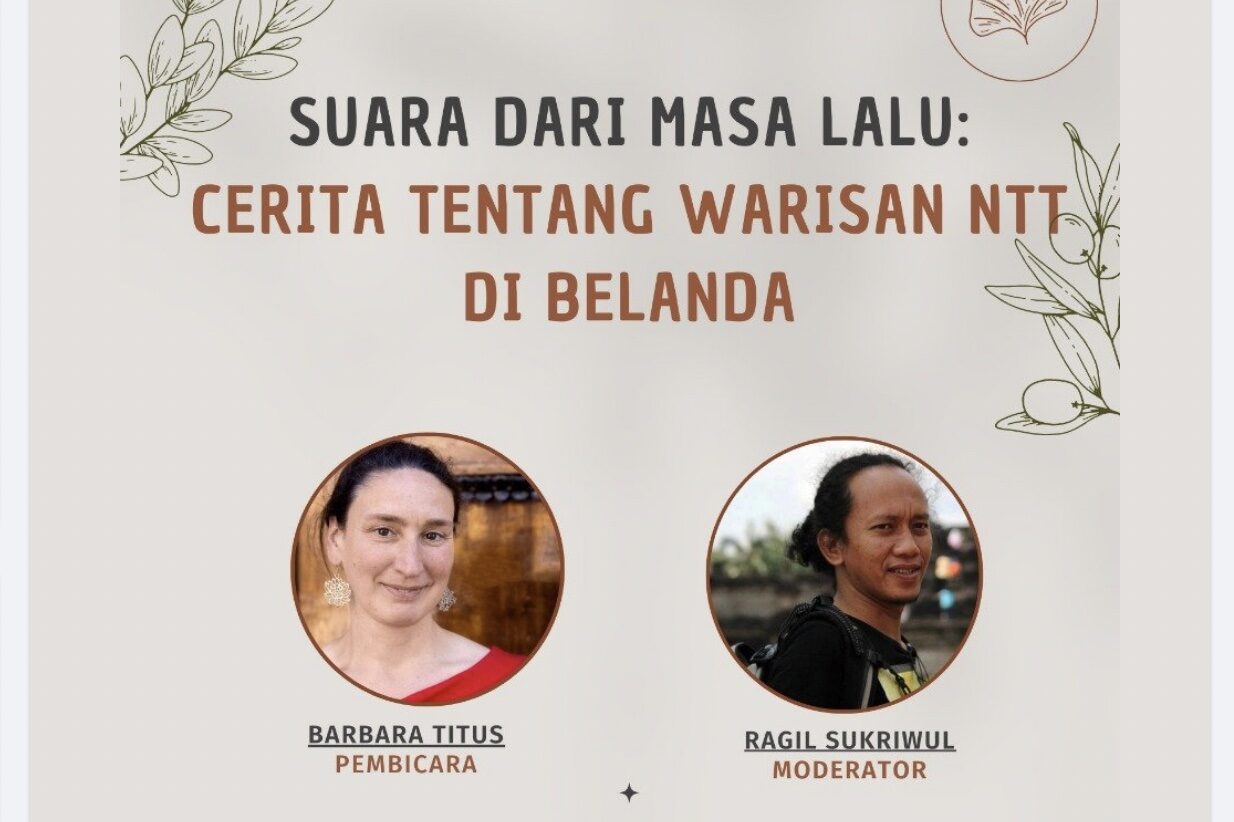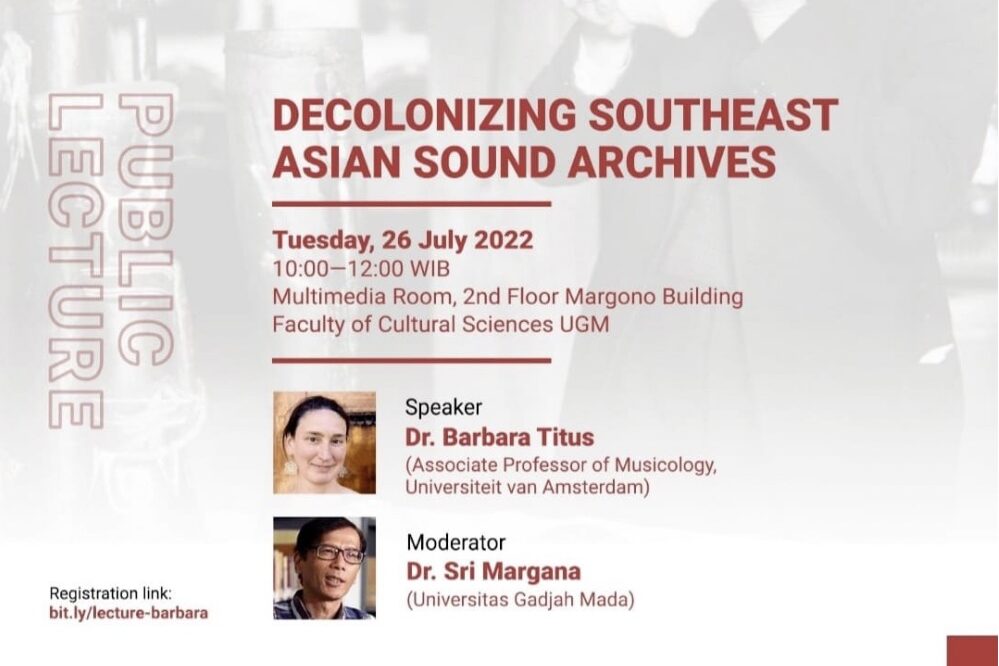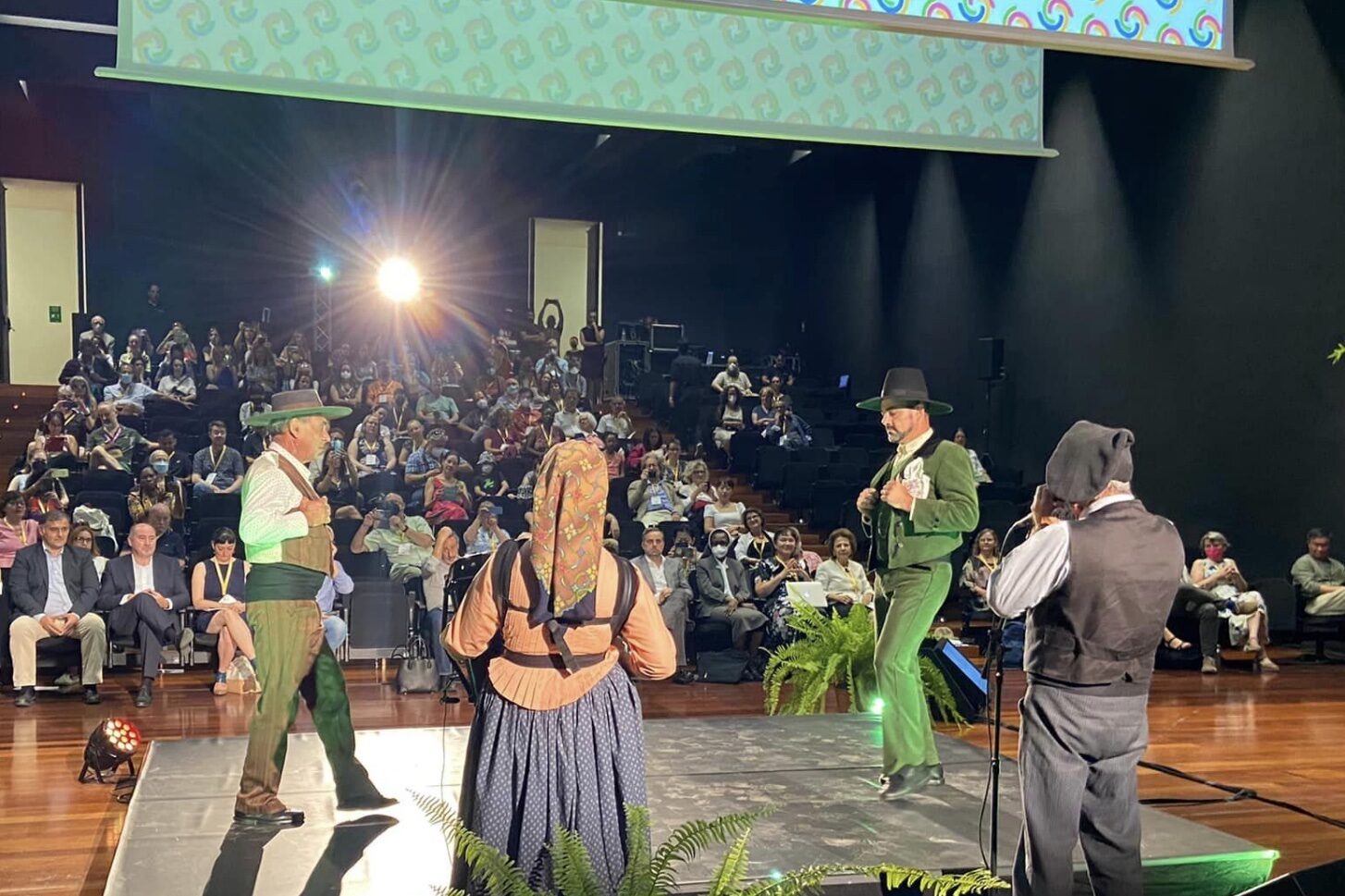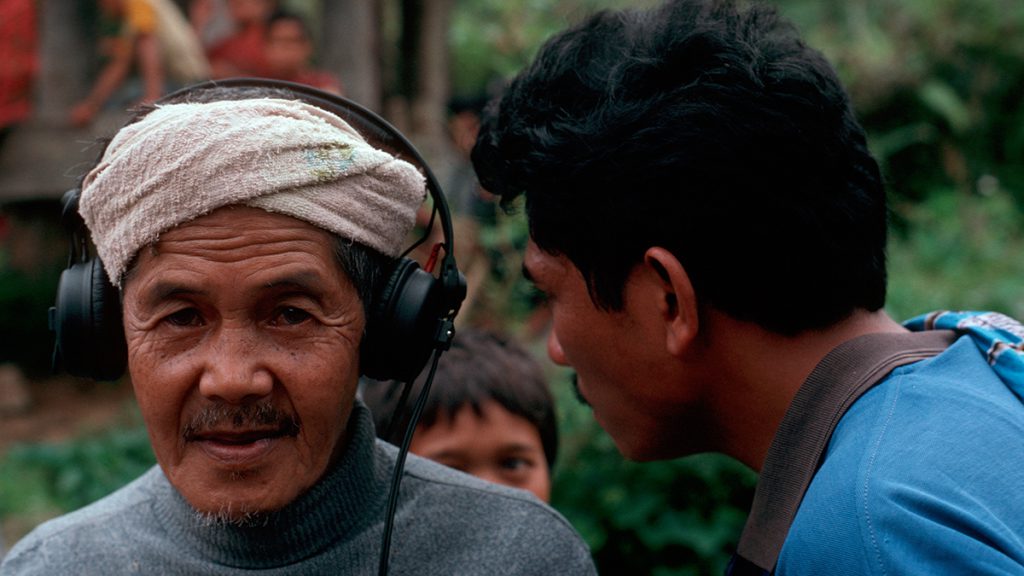
Reconnecting colonial sound archives with their source cultures is at the very heart of the project’s decolonizing process. Whether digital or material repatriation, artistic interventions or working with source communities in diaspora, the dissemination of DeCoSEAS’ initiatives and findings to stakeholders outside of the academia is a crucial precondition for the diversification of the dialogue about cultural heritage and existing curatorial practices. spaces and locations for the curation of sonic heritage. Working with materials that are now made largely public and freely accessible through the project, DeCoSEAS enters and employs digital environments, theatre venues, workshop rooms, and social media to disseminate and shape its research findings. It invites attendees to consider issues of ownership, privacy, and power dynamics in such collective curatorial practices, and raising ethical issues about the curation of cultural heritage.
DeCoSEAS aims to dialogue with a wide array of publics and stakeholders that encompass Southeast Asian audiences, Southeast Asian diasporic communities in Europe and elsewhere, and European journalists, educators, and artists.
Stakeholder and Community Reconnection Initiatives
Connecting with Social Media
Public Lectures and Talks
-
Barbara Titus at Restorative Justice Café, Openbare Bibliotheek Utrecht, 12 June 2024
Barbara Titus presented the work of DeCoSEAS during the presentation “Het dekoloniseren van muziekarchieven (decolonizing music archives)” at the Restorative Café #4: Dekolonisatie en Institutioneel Racisme (Decolonization and Institutional Racism), at the Openbare Bibliotheek Utrecht on 12 June 2024, organized by Human Rights Utrecht. Read more about the… Read more.
